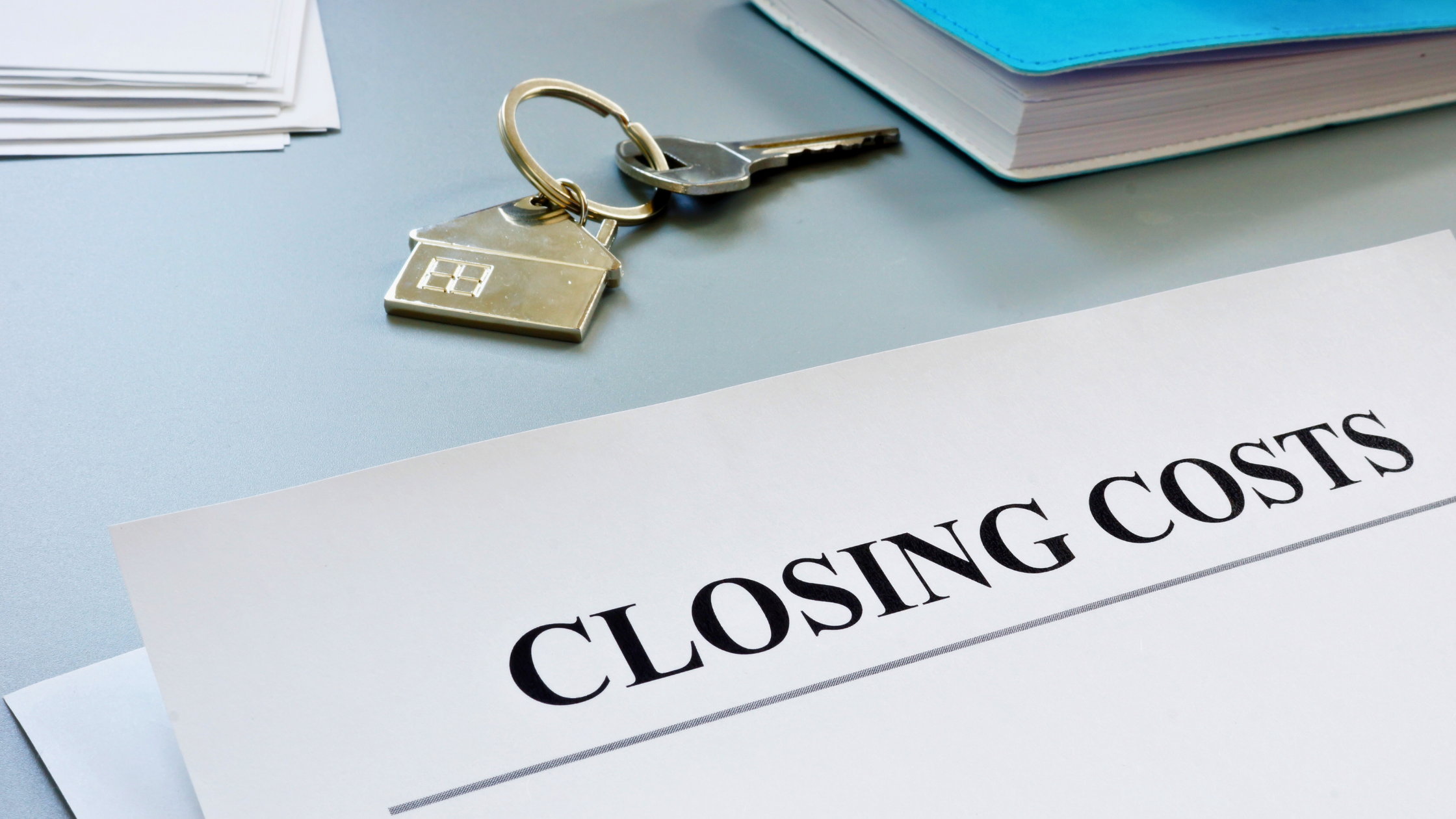Navigating the path to becoming a first-time homeowner in Ontario? This blog post is your guide through the essential pre-closing costs to prepare for – ensuring you’re ready for each step of your home-buying journey.
From budgeting for your downpayment, home inspections, property surveys, and insurance, we’ve covered all bases. We also delve into the necessity of property insurance before closing, lawyer fees, and the overlapping costs of utilities during your move. Armed with this knowledge, you’ll be set to make informed decisions, turning the dream of homeownership into reality with a confidence you’re prepared to manage.
Let’s dive into the common costs involved in the pre-closing phase of a house, in the order you can expect to address them.
HOME INSPECTIONS & PROPERTY SURVEYS
It’s not unheard of for people to do a home inspection before making an offer so they know the condition of the home they want. But since it’s an added cost, most people wait until their offer has been accepted first. Typically, home inspections are completed in the first week after an offer is accepted – meaning, this is one of the immediate costs you should expect to incur.
The good news is that the average cost of a home inspection is between $500 – $600. It’s a condition in the purchase of a home for buyers to do this. So attention should be brought to this step ASAP so that you are fully aware of any potential and invisible issues your new home might have.
Secondary to this is the recommendation of completing a property survey. This is completely optional, but it is recommended if you’re not going to be provided with documentation of a registered survey. Doing this helps to eliminate any questions on your property boundaries; preventing issues in the future if you add or renovate structures near the edges of your property.
It’s helpful to note that only registered surveys are considered unquestionable. These can cost thousands of dollars to have done. Unregistered surveys, on the other hand, are cheaper, but they are never considered official because these records are not submitted to your local City Hall or Township.
The takeaway is that the Property Survey is at your discretion as it will be helpful in the future, but you’ll want to book your Home Inspection as soon as your offer is accepted.
SECURING YOUR INSURANCE AND MORTGAGE
While it’s assumed that you’re going to be looking for a home that fits the budget of your mortgage pre-approval, securing your mortgage will be one of the conditions to fulfill. Failing to do this before your closing date can undo the purchase agreement.
Since interest rates are of great concern to everyone, it helps to shop around before signing one. The same can be said for your home & property insurance, which is another item that you’ll need to provide proof of before the closing date.
It is completely optional, but some people opt to use a broker for these services. A broker will do the shopping around for you and present you with the best offers that can be found. This is one way to take this extra work off your shoulders.
We find this worth mentioning because if you want to use a broker, you should contact one ASAP. Alternatively, start quotes for yourself to secure both your mortgage and insurance ahead of time. While your mortgage payments won’t start until your closing date, your insurance may need to be pre-paid before then, so expect to have a couple hundred dollars set aside for this.
DOWNPAYMENT + LAWYER FEES
In the days leading up to your closing date, you will need to meet with your lawyer to finalize all paperwork. This is when you’ll need to provide proof that you have every item in place to take possession of the home. Realtors can recommend local lawyers to contact – and this should be addressed immediately after your offer is accepted so that they have enough time to prepare.
Your lawyer will be the third-party gateway to ensuring property taxes are squared up for your takeover, ensuring the title transfer is without issue, and overseeing your downpayment.
Your entire downpayment will be required at this time. Failing to pay the downpayment will delay the closing date and jeopardize your ability to take possession of the home.
You’ll also be presented with the “final” bill at this time. We want to mention this in detail because some people do not realize that in addition to the downpayment, there’s also a fee that you’ll need to pay for the lawyer’s work.
Fees can vary depending on the lawyer and any extra costs that might be added (ie. title insurance). So it’s best to plan to have more than your downpayment set aside to ensure you can cover this bill without any surprises.
GETTING READY TO MOVE
Last but not least, prepare for your moving costs. You may be required to provide proof of having activated the utility services at your new home, even if they don’t start their billing cycle until your closing date. Many first-time homebuyers also look forward to adding their creative touches to their new home – including paint and brand-new furniture. Often, and only for that reason, many people don’t move in on their closing date.
While it’s completely up to you, it’s to say it’s common to be responsible for two residences at the same time while you transition.
Be prepared for the costs involved in this transitional period. You’ll want to budget for the initial changes you want to make to the home, in addition to covering the expenses of more than one home at the same time.
Since many people buy their first home while they are renters, it’s noteworthy to point out that you’ll still be on the hook for the utility bills at your previous residence for 1-2 months after you’ve moved out. For the first 2 months of living solely in your new home, you’ll want to make sure you have twice as much to cover both home’s expenses.
But after that, it’ll be smooth sailing as you settle into your new reality – and you can take your time to turn it into the ultimate dream home that you want it to be.






0 Comments